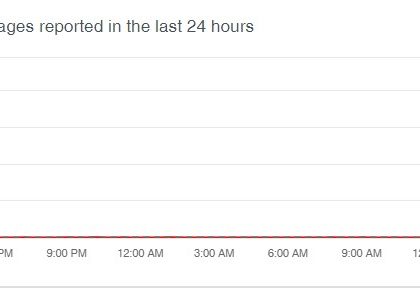Protecting Yourself on Social Networks [source: ssd.eff]
by CIRT Team
Social networks are among the most popular websites on the Internet. Facebook has over a billion users, and Instagram and Twitter have hundreds of millions of users each. Social networks were generally built on the idea of sharing posts, photographs, and personal information. Now they have also become forums for organizing and speech. Any of these activities can rely on privacy and pseudonymity.
Thus, the following questions are important to consider when using social networks: How can I interact with these sites while protecting myself? My basic privacy? My identity? My contacts and associations? What information do I want keep private and who do I want to keep it private from?
Depending on your circumstances, you may need to protect yourself against the social network itself, against other users of the site, or both.
Tips to Keep in Mind When Creating an Account Anchor link
- Do you want to use your real name? Some social media sites have so-called “real name policies,” but these have become more lax over time. If you do not want to use your real name when registering for a social media site, do not.
- When you register, don’t provide more information than is necessary. If you are concerned with hiding your identity, use a separate email address and avoid giving your phone number. Both of these pieces of information can identify you individually and can link different accounts together.
- Be careful when choosing a profile photo or image. In addition to metadata
 that might include the time and place the photo was taken, the image itself can provide some information. Before you choose a picture, ask: Was it taken outside your home or workplace? Are any addresses or street signs visible?
that might include the time and place the photo was taken, the image itself can provide some information. Before you choose a picture, ask: Was it taken outside your home or workplace? Are any addresses or street signs visible? - Be aware that your IP address
 may be logged at registration.
may be logged at registration. - Choose a strong password and, if possible, enable two-factor authentication.
- Beware of password
 recovery questions such as “What city were you born in?” or “What is the name of your pet?” because their answers can be mined from your social media details. You may want to choose password recovery answers that are false. One good way to remember the answers to password recovery questions, should you choose to use false answers for added security, is to note your chosen answers in apassword manager.
recovery questions such as “What city were you born in?” or “What is the name of your pet?” because their answers can be mined from your social media details. You may want to choose password recovery answers that are false. One good way to remember the answers to password recovery questions, should you choose to use false answers for added security, is to note your chosen answers in apassword manager.
For more, click here.
Recommended Posts

Training on cybersecurity awareness for Department of Women Affairs
25 Nov 2023 - Articles, English articles, News, News Clipping, Service










